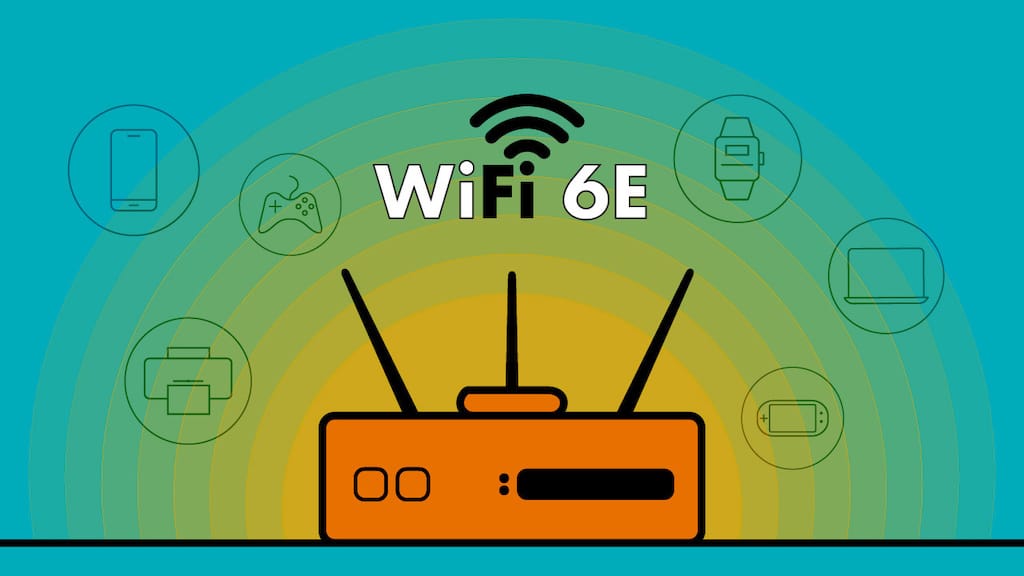Interference Concerns with FCC Raised Over Wi-Fi in 6 GigaHertz Band
Southern Linc raised concerns about potential interference issues with the agency’s opening the band for unlicensed use.

WASHINGTON, November 30, 2022 – Wireless service provider Southern Linc raised concerns with the Federal Communications Commission on November 9 about potential interference issues with the agency’s opening of the 6 GigaHertz (GHz) band for unlicensed use.
The concerns, laid out in a post-meeting letter to the FCC, explained that the agency’s decision to open up the band traditionally used by services including broadcasting to unlicensed use was based on measurements taken in 2018. Since then, wireless data points have multiplied, rendering these measurements outdated and unreflective of the current Wi-Fi environment, Southern Linc representatives argued.
Southern Linc urged the collection of data on current Wi-Fi operations to successfully develop and implement automated frequency coordination systems. A thoroughly tested automatic frequency control system could provide for effective shared use of the 6 GHz band and reduce harmful interference, the company said.
Earlier this month, the FCC approved the testing of 13 proposed automated frequency coordination database systems from various technology companies to ensure interference issues are limited. During testing, each company will make the automated frequency coordination system available for a specific period for the public to test the system’s functionality.
Southern Linc also recommended a proposal made by trade associations to engage in next-generation Wi-Fi, dubbed “6E” for its capability to use the 6 GHz band. To date, the University of Michigan has a campus-wide Wi-Fi 6E system, the largest currently operating network of unlicensed 6 GHz devices.
In April 2020, the FCC adopted its 6 GHz Order, freeing up 1,200 megahertz of spectrum in the 6 GHz band (from 5.925–7.125 GHz) for unlicensed use, including for Wi-Fi connectivity. The order, supported unanimously by the FCC commissioners, was expected to improve Wi-Fi reliability and speed.
A few months later, in response to a challenge from AT&T, the D.C. Court of Appeals unanimously upheld the FCC order stating that the “petitioners have failed to provide a basis for questioning the commission’s conclusion that the order will protect against a significant risk of harmful interference.”
In December 2021, the National Spectrum Management Association echoed concerns about harmful interference, alleging the FCC decision was made without proper testing.










